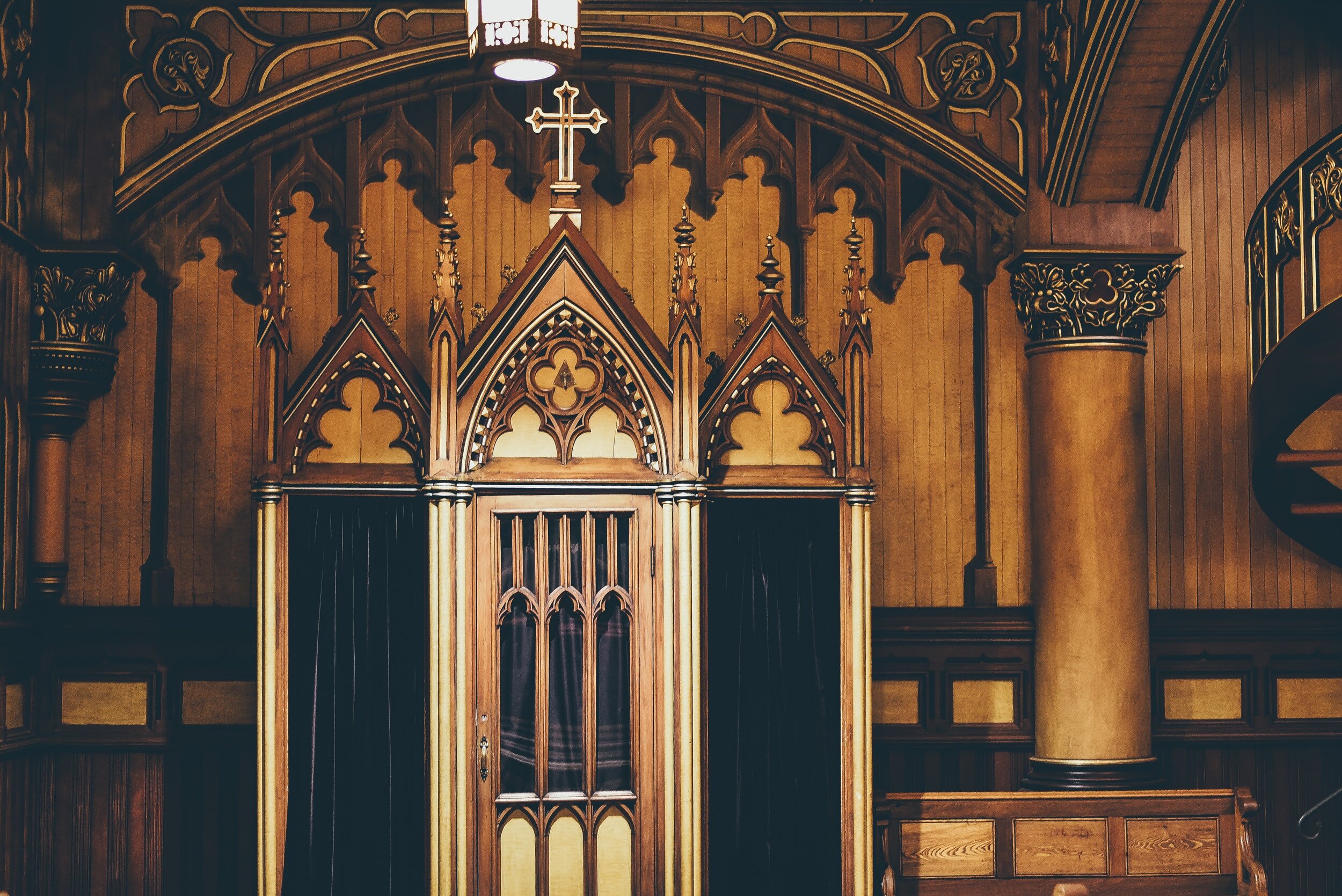My daughter’s skin is all patches of pink. It cracks from dryness, little rivers of red flowing where her fingernails have etched tiny scratches. I feel the pain of her eczema in my own body. I ache to offer her some relief, to apply the salve I know will lessen her discomfort. She cowers behind the toilet in tears, terrified of my touch. To her, it doesn’t mean healing. It’s the unknown. These creams have burned and itched in the past; she isn’t going to trust me now.
Another night, same struggle. This time I don’t blame her for her fear; I’d be afraid, too, if someone twice my size walked towards me with a knife. She’s taken creative liberty with the floss she brought home from the dentist’s office, and now it’s wrapped too tightly around her neck. “This won’t hurt,” I promise, beckoning her to come to me. She won’t come of her own will. Even after I’ve cut her free, she’s still screaming, “I’m not ready!” her fear wrapped around her so tightly she doesn’t realize she’s not bound anymore.
She reacts like this every time: to the tweezers when she stuffed a ball up her nose, the antibiotics we had to administer as eye drops, the syringe filled with grape-tinged fluid. All our attempts at healing, whether to ameliorate illness or save her from herself, are met with fear.
Why? I ask. Have I ever been anything but good to her? Why doesn’t she trust me?
Probably for the same reasons I don’t trust God, I think.
It’s easy to trust God in a general sort of way. I love verses like Jeremiah 29:11: “For surely I know the plans I have for you, says the Lord, plans for your welfare and not for harm, to give you a future full of hope.” I believe in his ultimate plan for my good.
I’m also afraid it might hurt.
What if he asks me to do something difficult? What if his call is to carry a cross I don’t want to bear? The further along I travel in this vocation of motherhood, the more deeply I realize the potential for human pain that comes with loving this way, that loss might truly break me. I hesitate to approach God even for the simplest and most profound form of spiritual healing in the Sacrament of Reconciliation, because, like antiseptic on a wound, it burns a little bit.
But then, God did not make me to live in fear.
As St. Paul writes, “God did not give us a spirit of cowardice but rather of power and love and self-control,” (2 Tim 1:7). My daughter’s fear and littleness will not last forever. Nor should mine. Fortitude is a gift of the Spirit, as well as cardinal virtue. The Christian life is a call to courage. As Pope Benedict XVI said, “The world promises you comfort, but you were not made for comfort. You were made for greatness.” Yes, the healing God offers might smart a bit. His plan for my salvation might mean walking a road I wouldn’t choose myself. But even Jesus drank a cup he would rather have left untouched. In the end, trusting our Father is an exercise without condition. We submit ourselves to a love that has greater plans for us than mere protection. He allows us to walk in our pain, but he doesn’t waste it.
I hope one day my daughter learns to trade her fear for trust.
I hope that I do, too.
